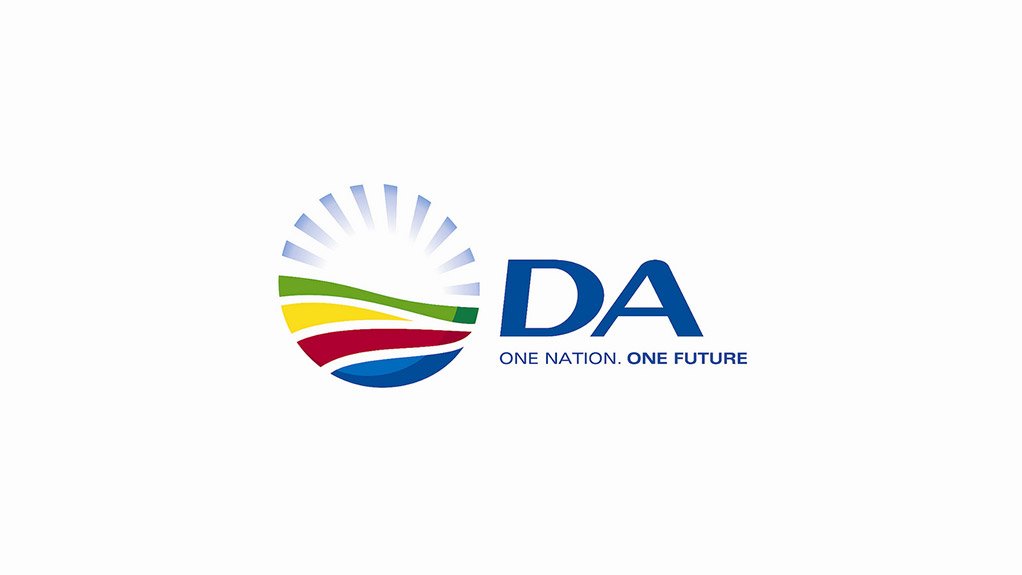/ MEDIA STATEMENT / The content on this page is not written by Polity.org.za, but is supplied by third parties. This content does not constitute news reporting by Polity.org.za.
Following shocking revelations that 70 service stations out of a sample of 1000 were found to have diluted diesel with paraffin, the DA demands that the Department of Mineral Resources and Energy (DMRE) institutes a nationwide review of petroleum products sold at all service stations in the country. According to the South African Petroleum Industry Association, there are about 4 600 service stations in the country.
It would be highly irresponsible for DMRE to assume that the 3 600 service stations which did not form part of its sampling and testing of petroleum products survey are fully compliant with regulations on petroleum specifications and standards.
Since this was confirmed to be a countrywide scandal, and using the findings of the current sampling survey as a baseline, it’s not a stretch to make the assumption that there are potentially as many as 322 service stations that could also be implicated.
While the DA has already called for the release of the names of the 70 service stations that were implicated in the diesel/paraffin dilution scandal, it is imperative that the net is cast wider to identify any potential hold outs that may have been missed by the current DMRE survey. Only a nationwide review of all service stations will rebuild trust and assure the motoring public in the quality of petroleum products.
The argument by DMRE that it can’t release the names of the implicated service stations, is administratively weak and exposes a flawed interpretation of the POPI Act. These businesses lost their right to privacy when they deliberately tainted their diesel products, creating a public hazard that potentially placed the lives of motorists at severe risk. The public needs to be made aware of these bad apples so that they can protect themselves and their vehicles. Additionally, POPI only applies to personal information, and businesses which have fraudulently sold diluted petroleum products would not be protected by this legislation.
The Petroleum Products Specifications and Standards of 2006 were introduced for the specific reason of protecting the quality of petroleum products sold to the public. By violating these regulations, the implicated service providers violated a social contract and should face the consequences of their actions.
Issued by the Democratic Alliance
EMAIL THIS ARTICLE SAVE THIS ARTICLE ARTICLE ENQUIRY
To subscribe email subscriptions@creamermedia.co.za or click here
To advertise email advertising@creamermedia.co.za or click here











